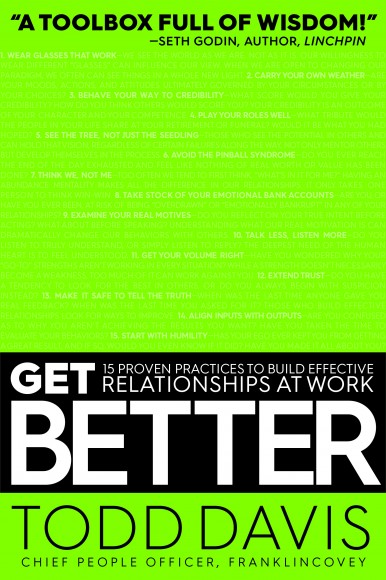How to Avoid ’Pinball Syndrome’

Do you ever reach the end of the day and feel as though nothing of real value has been accomplished? When you don’t avoid “Pinball Syndrome,” you may find yourself struggling with the following:
– You don’t realize where you have ended up until it’s too late.
– You are so busy fighting fires, you spend no time preventing them.
– You never beat the pinball game, and often end up feeling like the ball itself instead of a player.
Diagnosing Pinball Syndrome
When was the last time you played a pinball game – not on an app, but on one of the masterfully crafted machines of the ’70s? For those born post-pinball era, here’s how it works: The player uses “flippers” to launch a metal ball toward numerous physical targets to accumulate points. Lights flash, bells ding, and bumpers thump as the points rack up, making it easy to focus on the game and lose track of everything else. Eventually, the ball slips past the frantically swinging flippers and drops out of sight. But there’s always a new ball ready to ratchet into place – just pull the plunger and send the ball on its way again.
Scoring points in a pinball game is a lot like tackling the urgencies that demand your attention every day: phone calls, texts, emails, meetings, etc. You may not feel like your urgent tasks are a game, but you might feel attracted to the rapid pace and focus required to get them done. Add a small endorphin rush as you check off your to-dos, and urgencies start to feel like scoring big in pinball: downright gratifying, even addictive at times. If you’ve ever reached the end of your day and felt like nothing of real value was accomplished, you might be suffering from what I call “Pinball Syndrome.”

While some urgencies are also important, it’s vital to recognize that many important things are not urgent. They require you to act on them: long-term goals, important projects, and key relationships. Since urgent behaviors are easy to recognize and address, organizations often reward them. This can provide a powerful incentive to pull the plunger back, so to speak, and play round after round of trivialities.
When I say “avoid the Pinball Syndrome,” I’m not advocating you step away from the urgency game altogether. Rather, I’m suggesting that you differentiate between when you must play it and when you choose to play it. When you get a small respite between your urgencies – before the score resets and the next ball ratchets into place – what you do in that moment is what matters. Do you reach for the plunger in autopilot mode, or choose to step back and reflect on what is truly important?
To Avoid Pinball Syndrome, Try This:
- At the end of the week, print out last week’s calendar and task list. If you don’t manage those things electronically, keep a log for one week and record the activities you participate in, preferably on an hourly basis.
- Circle any activity you define as “urgent” (things requiring your immediate attention). Underline any activity you define as “important” (things that contribute to long-term goals, high priorities, or relationship-building). If you find that every activity –including the urgent ones – is important, prioritize them.
- Determine the percentage of your time you dedicate to the urgent and the percentage of your time you dedicate to the important.
- Make sure the majority of your time isn’t spent on urgencies alone. Decide which one or two urgent activities you can let go of or postpone next week, then block out time on next week’s calendar for one or two important things to put in their place. If we thoughtfully identify and schedule the most important things first – the priorities that require us to act on them rather than react to them – the urgent, less important things will fall by the wayside. Because they are less important, we won’t get derailed if they don’t get done right away.
Todd Davis is chief people officer at FranklinCovey and author ofGet Better: 15 Proven Practices to Build Effective Relationships at Work.

